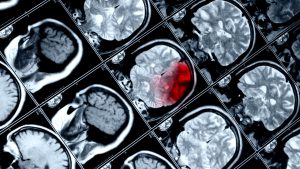High in fats and low in carbs, ketogenic diets were originally developed in the 1920s to treat children with epilepsy. Now, they’ve gained popularity for weight loss, and even improved cognitive function.
But how much truth is there in the purported brain health benefits we see on social media? In this episode of ‘Your Brain On…’, we separate the facts from the fads, and discuss:
- What one might eat on a typical ketogenic diet
- How ketogenic diets affect brain metabolism
- The different ways your brain uses sources of energy — glucose vs. ketones
- The latest data on ketogenic diet in Alzheimer’s disease patients
- What we know about how ketogenic diets and treatment of Alzheimer’s
- The outcome differences between ketogenic diets and ketone supplements in Alzheimer’s
- Other evidence-based nutritional approaches for brain health
For this episode, we welcome two world-renowned professionals in the field of nutrition and neuroscience:
- DR. MATTHEW TAYLOR, PhD, RD, Assistant Professor, Dietetics and Nutrition, Kansas University Medical Center
- DR. RUSSELL SWERDLOW, MD, Gene and Marge Sweeney Professor of Neurology; Director, Alzheimer’s Disease Research Center, Kansas University Medical Center











